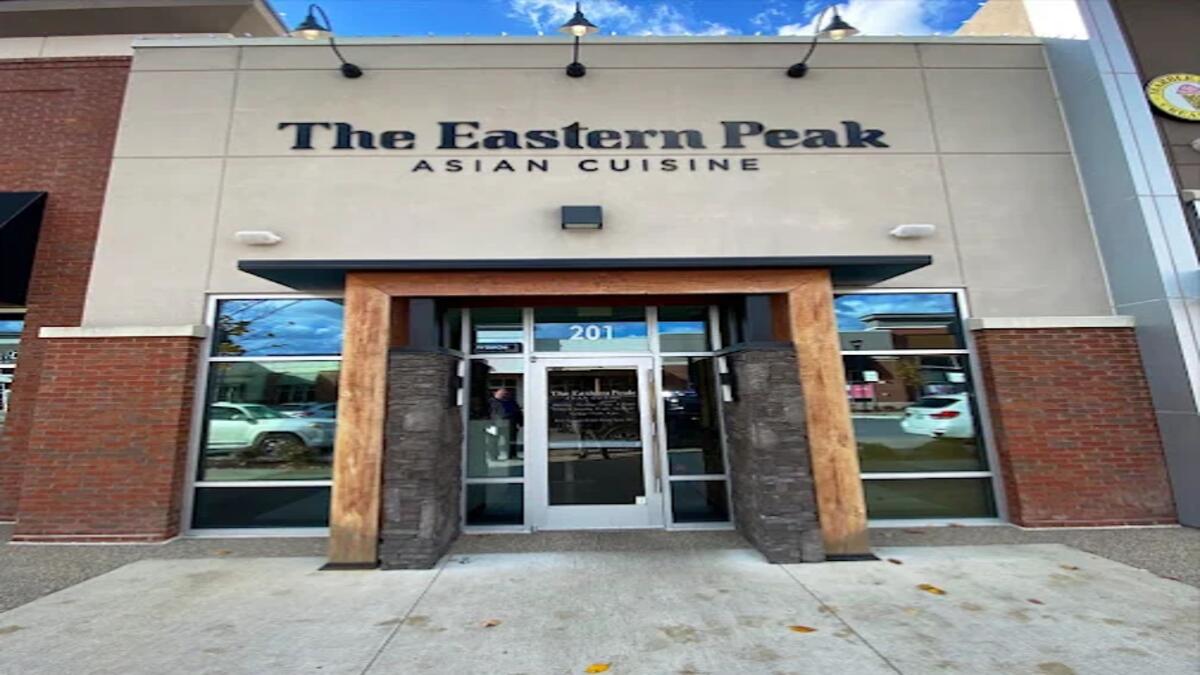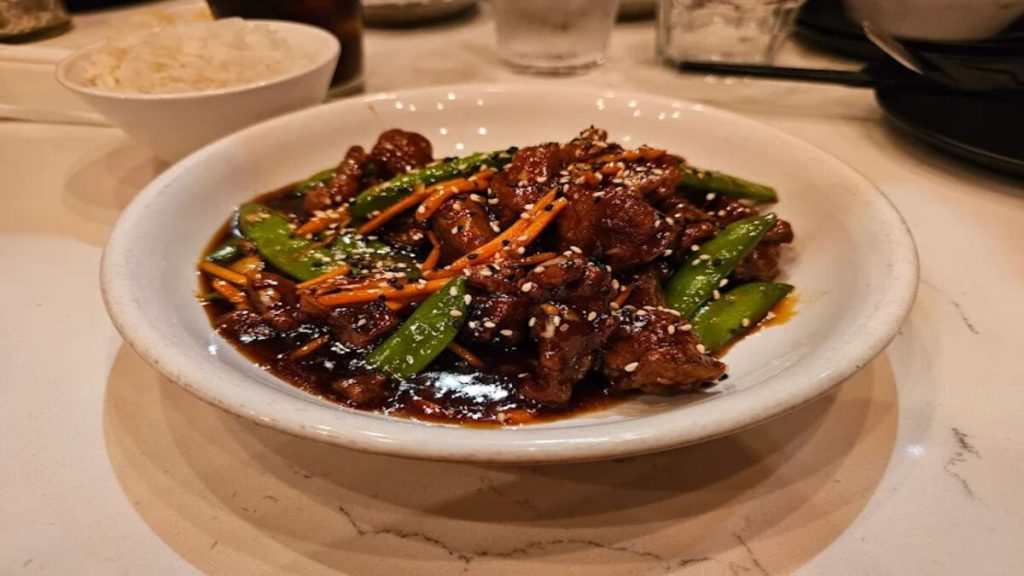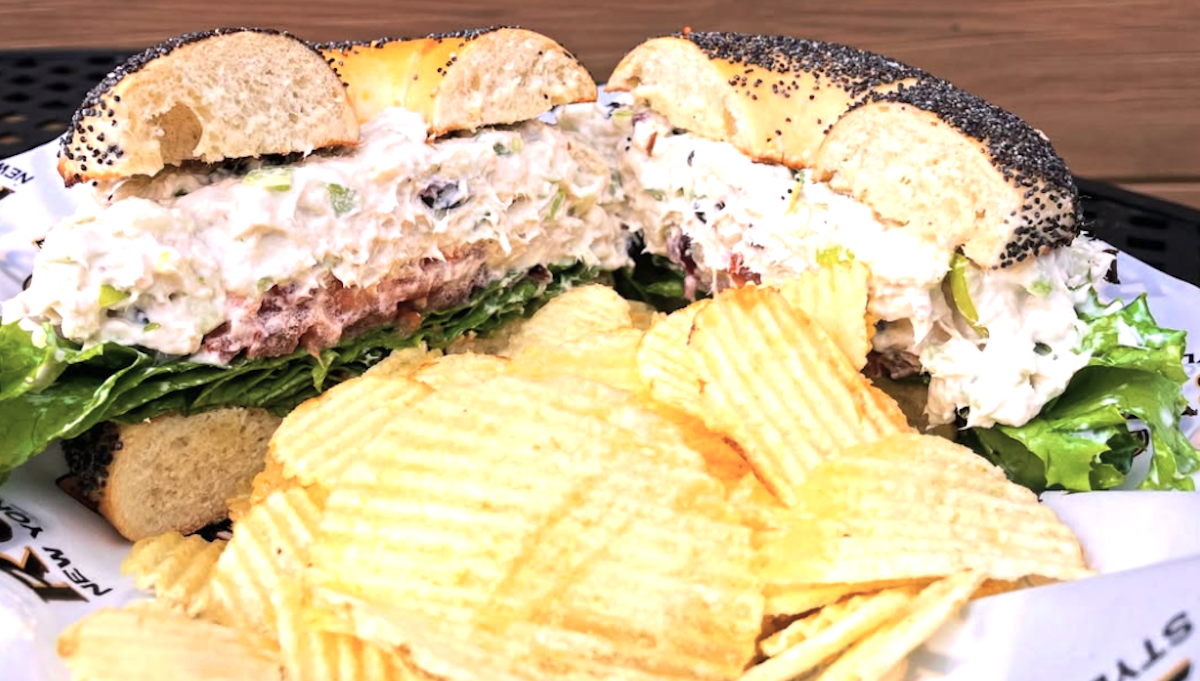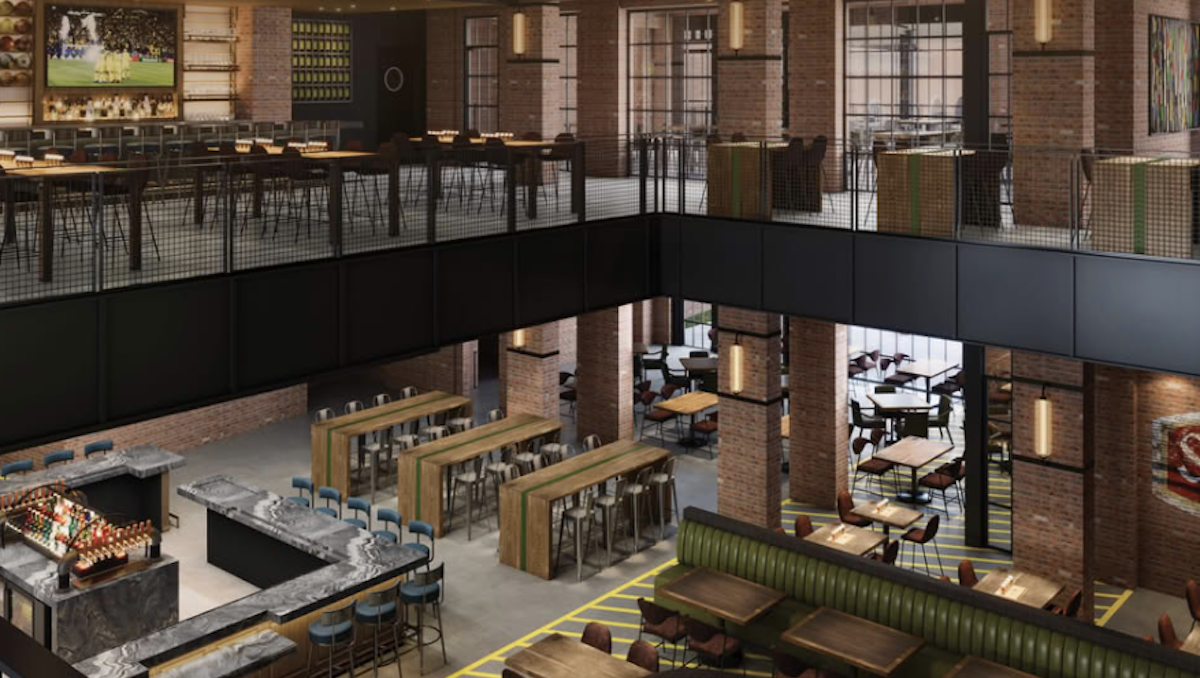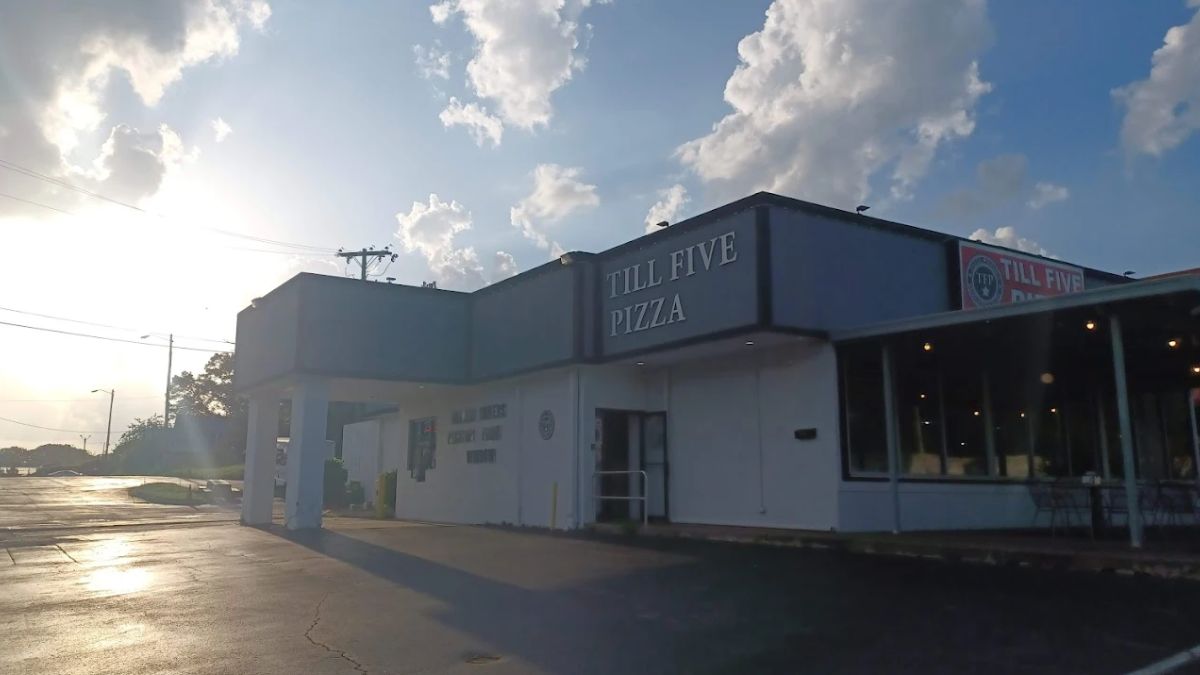A popular local restaurant in Tennessee was ordered to close temporarily after a routine health inspection. Following an inspection, the Tennessee Department of Health found several health code violations.
Please note that the results mentioned here are from inspections conducted on April 25 and may not represent the future health inspection status of the food establishments.
Highlights
- On April 25, officials from the Tennessee Department of Health found several food safety violations at Eastern Peak.
- The Tennessee Department of Health decided to place the restaurant on an immediate closure order due to the severity of the violations.
- The health inspection showed signs of poor food handling techniques, including cross-contamination between raw and cooked food in the facility, leading to its closure.
Eastern Peak Restaurant Violates Health and Safety Rules
The health department inspectors found a range of major and minor violations on Eastern Peak’s premises. (Source: Google Reviews)
- Where: 8121 SAWYER BROWN RD STE 201 Nashville, TN 37221
- When: April 25, 2025
- Score: 62
Eastern Peak restaurant, known for serving a variety of dishes, was inspected, and the health inspectors gave the restaurant a final score of 62 out of 100.
Some of the issues found at the Eastern Peak premises included chemical safety issues, inappropriate handling and labeling of foodstuff, and sanitization and hygiene issues.
Violations Discovered at Eastern Peak
Among the findings were significant safety risks, including poor food storage with cold foods held at above-safe temperatures, increasing the risk of bacterial growth, and causing potential foodborne illnesses. Inspectors also noticed rodent droppings and gnaw marks on package material across the kitchen and storage areas.
Furthermore, the dishwasher was observed not sanitizing appropriately using a 3-compartment setup. The inspectors also noted an inadequate segregation of raw and ready-to-eat foods, which increased the risk of cross-contamination.
Non-critical risks, although not likely to immediately impair health, were also found during the inspection. Single-use trays were not stored correctly, and a wet cloth was found on one of the cutting boards. Dumpster doors were left open, and water was seen pooling inside a cooler. Additionally, inspectors observed poor handwashing practices and inappropriate mealtime behavior among the employees.
What is Next for the Restaurant?
After the temporary shutdown, the restaurant will need to complete corrective actions to operate legally again. All parts of the facility will have to be subjected to intensive cleaning processes, including all food preparation, storage, and service areas.
A certified pest control organization must inspect the premises and conduct intensive treatment to eliminate the rodent infestation. All staff members, management, and kitchen staff need to have food safety retraining.
A follow-up inspection is slated to be conducted within 10 days by the Tennessee Department of Health. If the restaurant fails to meet compliance standards under this inspection, it may face extended closure periods, further penalties, or license suspension.
Health authorities reiterate that a license to reopen shall only be given after the critical and non-critical violations have been addressed. Meanwhile, the restaurant must remain shut to prevent compromising public health.

